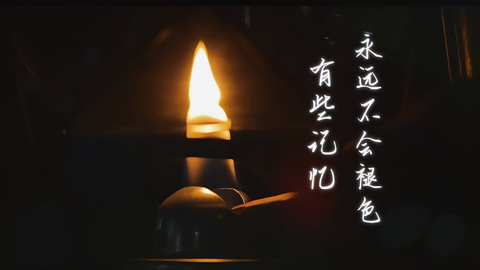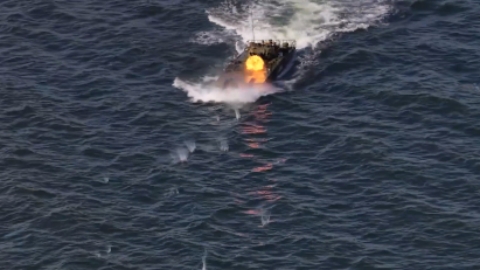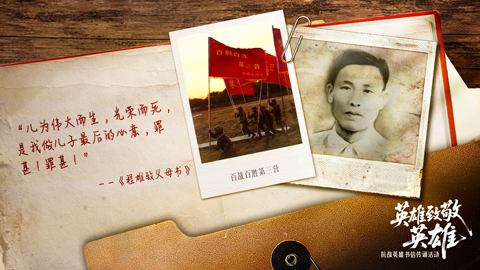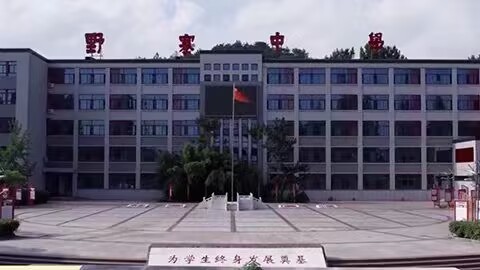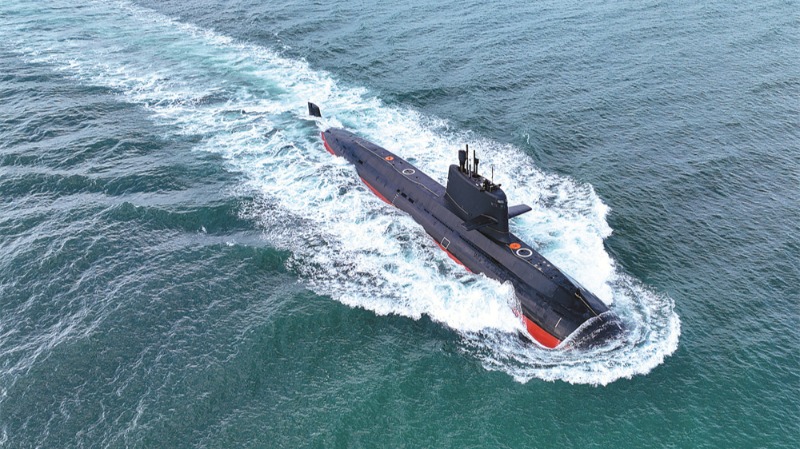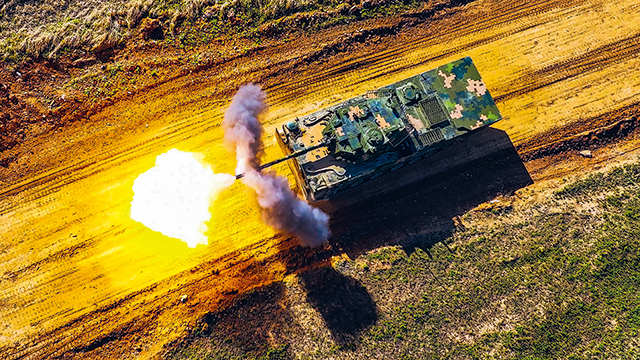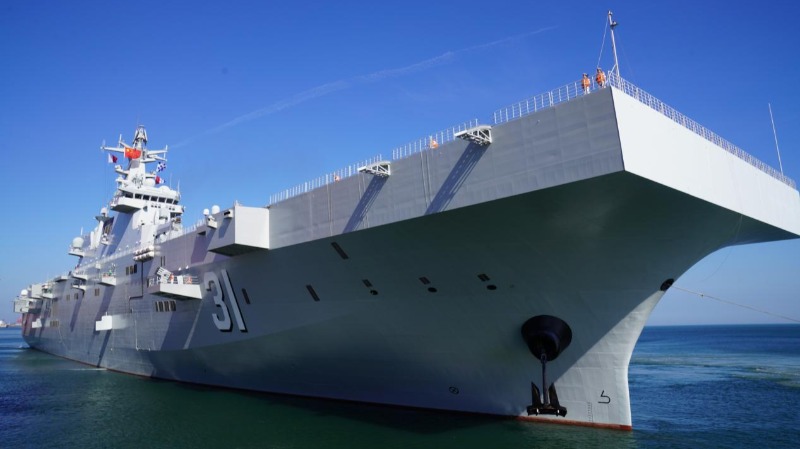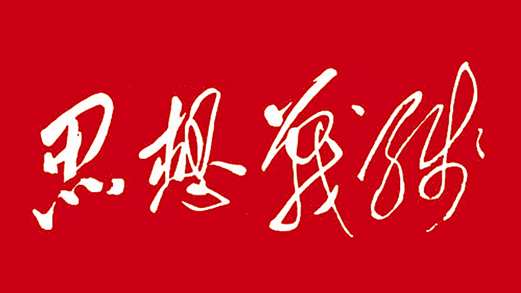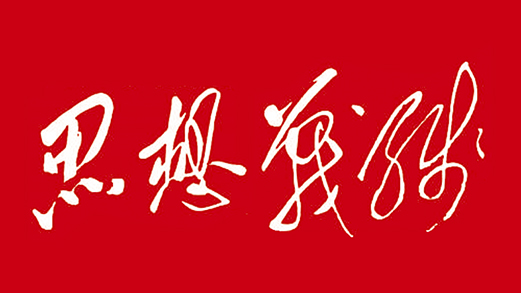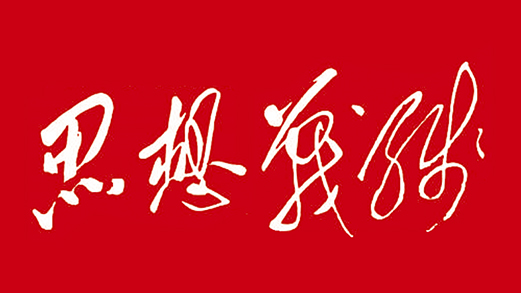By Lu Donghong
鲁东红
A "War Atrocities History Exhibition" organized by Japanese civil groups was held in Yokohama, Japan, from August 8 to 15. Focusing on Japan's wartime aggression during WWII, the exhibition showcases historical materials related to the Nanjing Massacre, Unit 731, comfort women, and other topics. History should serve as the best textbook. However, eight decades after WWII ended, under the deliberate efforts of Japan’s right-wing conservative forces, the narrative of WWII history in Japanese textbooks increasingly deviates from the truth, blatantly challenging historical justice and human conscience.
8月8日至15日,由日本民间团体主办的“战争加害历史展”在日本横滨市举行,聚焦二战期间日本对外国的加害历史等内容,展出了南京大屠杀、731部队、慰安妇等相关史料。历史本该是最好的教科书。然而,80年后的今天,在日本右翼保守势力的“苦心经营”下,日本教科书中有关二战历史的叙事不断偏离真相,公然挑战历史正义和人类良知。
Since the 1950s, Japanese textbooks have undergone three systematic regressions. The first round of distortions in 1955 saw new textbooks remove critical accounts of the Pacific War, avoiding references to Japan's invasion of China. The second round in the 1980s altered the phrase "invasion of North China" to "advanced into North China," thereby providing a veneer of legitimacy to militaristic aggression. The third round, from the 1990s to the present, has been even more egregious. It not only glorifies the invasion as a "self-defensive operation" aimed at "liberating Asia," but also re-characterizes forced labor as "participation," while adding assertions that the Diaoyu Dao is Japan's "inherent territory."
自20世纪50年代以来,日本教科书呈现三次系统性倒退。1955年首轮篡改中,新版教材删除对太平洋战争的批判性叙述,回避提及日本入侵中国;1980年代第二轮篡改将“侵略华北”改为“进出华北”,为军国主义行径披上合法性外衣;1990年代至今的第三轮篡改更为恶劣,不仅将侵略战争美化为“解放亚洲”的“自卫行动”,更将强征劳工改为“参与”,并增加了有关中国钓鱼岛是日本“固有领土”的表述。
Starting April this year, new textbooks have been gradually adopted in junior high schools nationwide in Japan, with three main troubling trends in their portrayal of the war.
今年4月起,日本全国初中陆续启用新版教材,其中对战争的叙述方式主要呈现三大恶劣动向。
The first is the blurring and stigmatization of significant historical events. Currently, about 80% of the textbooks used in Japanese junior high schools are published by two major publishers, namely Tokyo Shoseki and Teikoku-Shoin. Both of them seriously downplay Japan's wartime aggression and liability. Regarding the Nanjing Massacre, Teikoku-Shoin merely refers to it as the Nanjing Incident, avoiding mention of the identities of the perpetrators. The textbooks compiled by Tokyo Shoseki include a brief footnote on the Nanjing Massacre, but go so far as to claim that the number of victims remains "undetermined and still under study," blatantly denying the internationally recognized historical facts. Concerning the July 7th Incident (Lugou Bridge Incident) in 1937, the Tokyo Shoseki version textbook New Social History describes it as an "armed conflict between Japanese and Chinese forces," while the Reiwa Shoseki version National History Textbook (7th Edition) distorts the Japanese invasion as a "conflict between both sides," attempting to shift the blame for instigating the war onto China.
重大事件表述的模糊化与污名化。目前,日本初中采用的教材约80%是由东京书籍与帝国书院两大出版社所编,在战争加害责任记叙上严重弱化。涉及南京大屠杀,帝国书院用“南京事件”一笔带过,且对加害者身份避而不谈;东京书籍虽在脚注中稍有提及“南京大屠杀”,却抛出“受害人数尚无定论,仍在研究中”的论调,公然否定国际社会公认的历史事实。围绕卢沟桥事变,东京书籍出版的《新编 新社会 历史》将事变描述为“日中两军武力冲突”,令和书籍出版的《国史教科书(第7版)》把日军侵略行径歪曲为双方冲突,妄图将挑起战争的罪责甩给中方。
Second, the overall narrative of the war has been deliberately fragmented in terms of textbook structure. Most Japanese history textbooks forcibly separate the invasion of China from 1931 to 1945 and the Pacific War, narrating them as distinct China-Japanese War and Pacific War events. This creates a false historical view of a "passive response to war," downplaying Japan's proactive initiation of aggressive war and its subjective malevolence.
教科书结构安排上,战争整体脉络被人为割裂。多数日本历史教材将1931至1945年侵华战争与太平洋战争硬生生分开,通过“日中战争”“太平洋战争”分立叙事,营造“被动应战”的虚假历史观,淡化日本主动挑起侵略战争的主观恶性。
The third is that the strategy of the right-wing camp has shifted towards promoting an overall rightward tilt of textbooks. Whereas previously Japanese right-wing forces focused on expanding the adoption of extremely right-leaning textbooks, they now aim to push for the overall rightward shift of all textbooks, which has become the core issue of the current textbook controversy in Japan. During the textbook approval process, right-wing influence has grown steadily. Some textbook authors maintain close ties with right-wing groups, resulting in politically biased content that makes it difficult to fairly and objectively restore historical truth.
右翼阵营策略转变,推动教科书整体右倾化。以往日本右翼势力致力于推动极端右倾教材的“扩大采用”,如今则转向推动所有教科书整体右倾,这成为当下日本教科书问题的核心症结。在教科书审定过程中,右翼势力影响力与日俱增,部分教科书编写者与右翼团体往来密切,导致教材内容充斥政治偏见,难以公正客观地还原历史真相。
One of the reasons behind the issues with Japanese textbooks lies in their unique review system. The mechanism whereby private publishers first compile and then submit textbooks for review was originally intended to ensure objectivity in history education. However, political interference by the Ministry of Education, Culture, Sports, Science and Technology has degenerated into a form of "historical filtering." In 2021, the Japanese government labeled the term "military comfort women" as an "inappropriate expression" and forcibly ordered revisions to already published textbooks. This manipulation of the WWII narrative has turned textbooks into a fertile ground for right-wing forces to infiltrate and distort historical understanding.
日本教科书问题的原因之一在于其特殊审查制度。民间出版社先编后审的机制本应保障历史教育的客观性,但文部科学省的政治干预已异化为“历史过滤”。2021年日本政府将“随军慰安妇”定性为“不恰当表述”,并强制修改已发行教材。这一操弄二战叙事的行径使教科书成为右翼势力渗透历史认知的温床。
History cannot be tampered with and justice will not be absent. The issue of Japanese textbooks concerns not only the accuracy of historical understanding but also the stability of the regional security landscape. Japan should face up to history, abandon its erroneous historical views, cease its wrongful practices regarding textbooks, take concrete actions to apologize to the peoples of victimized nations, and assume the historical responsibility it ought to bear. Only in this way can Japan regain the respect and trust of the international community.
历史不容篡改,正义不会缺席。日本教科书问题不仅关乎历史认知的正确性,更关系到地区安全格局的稳定性。日本应正视历史,摒弃错误的历史观,停止在教科书问题上的错误行径,以实际行动向受害国人民道歉,承担起应有的历史责任。唯有如此,日本才能重新赢得国际社会的尊重与信任。
(The author is from Renmin University of China)
(作者单位:中国人民大学)







